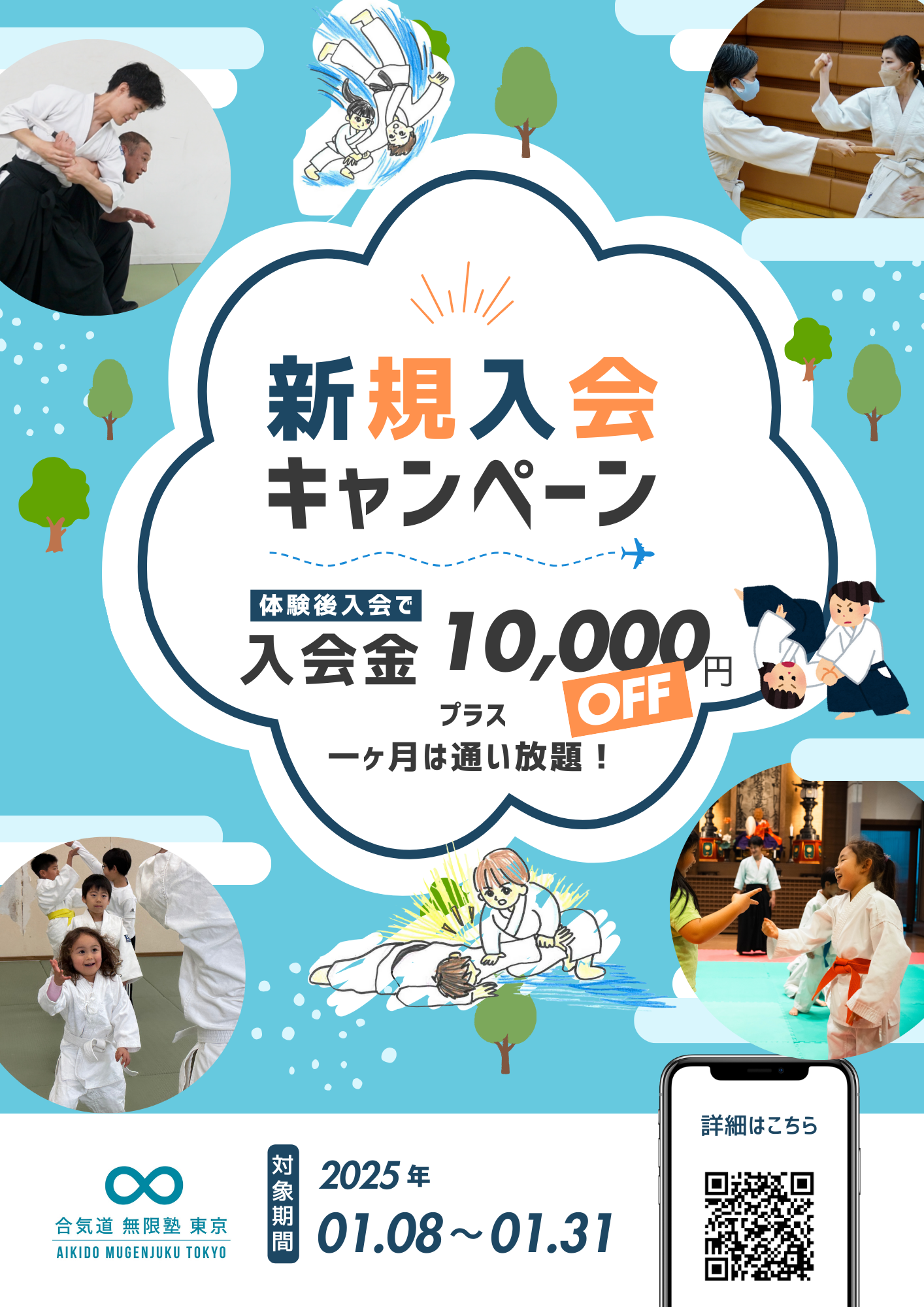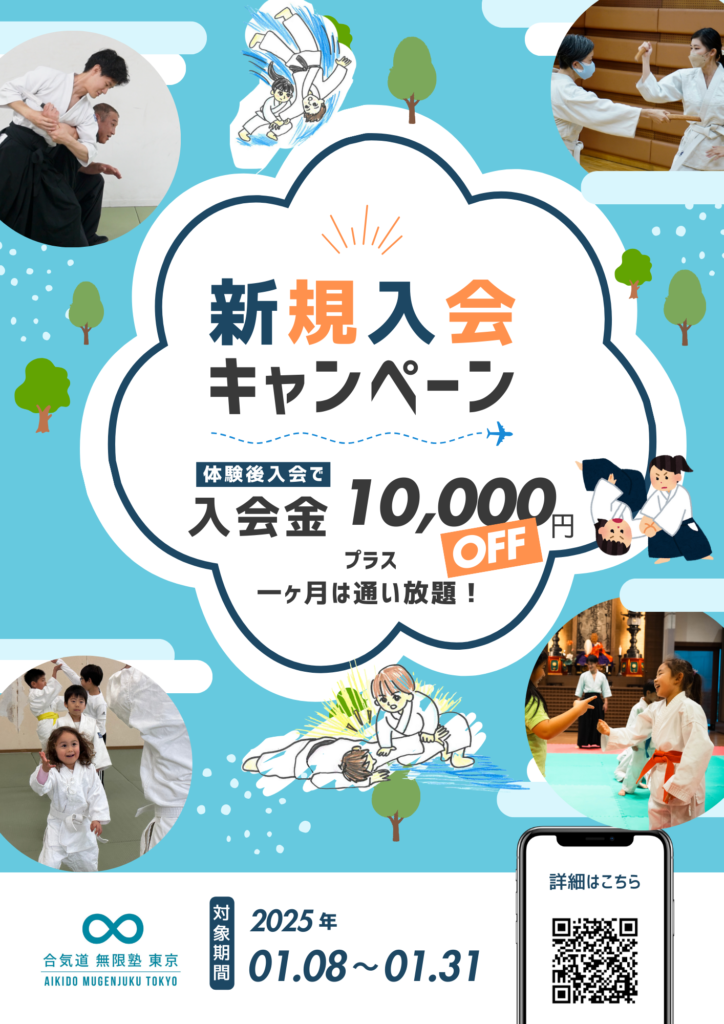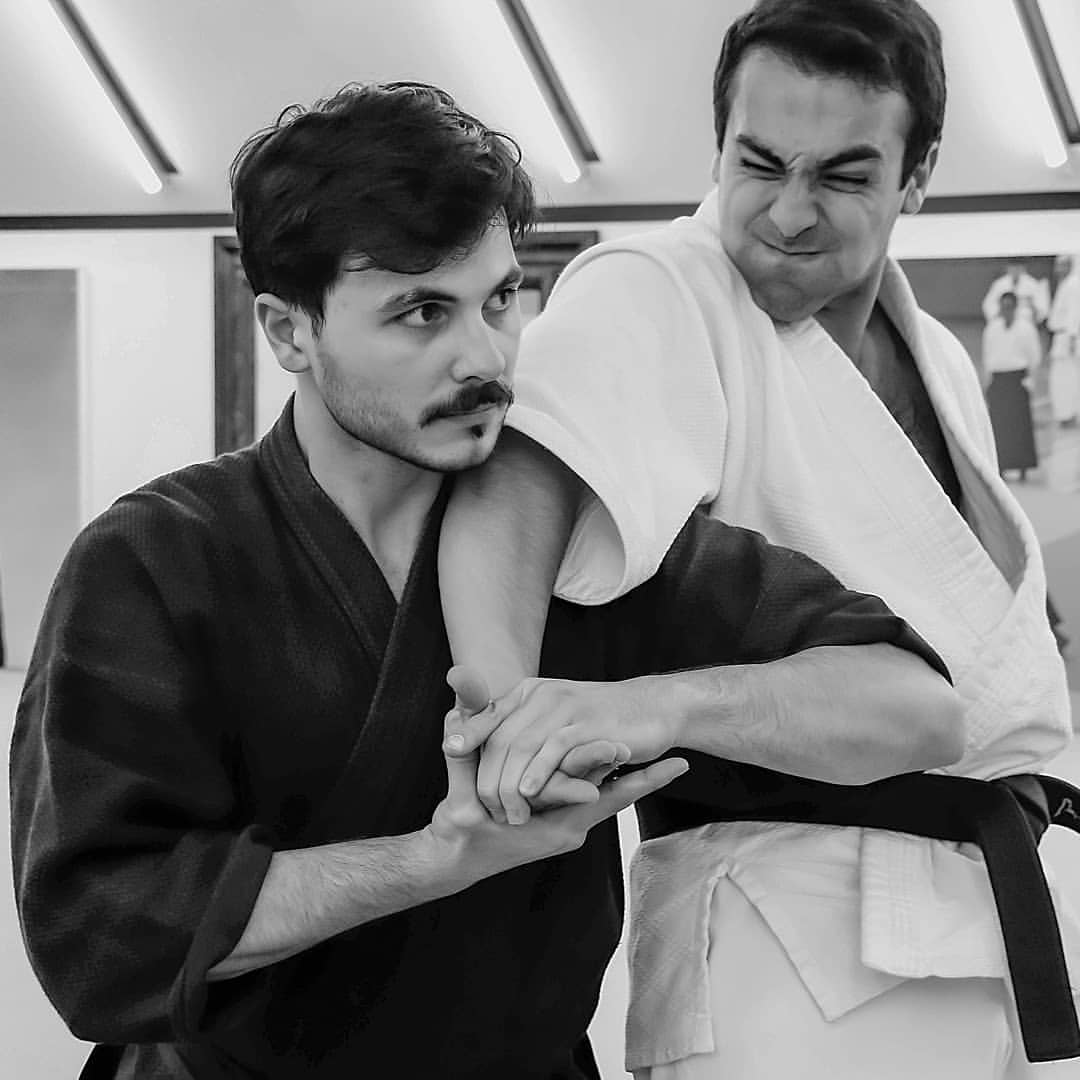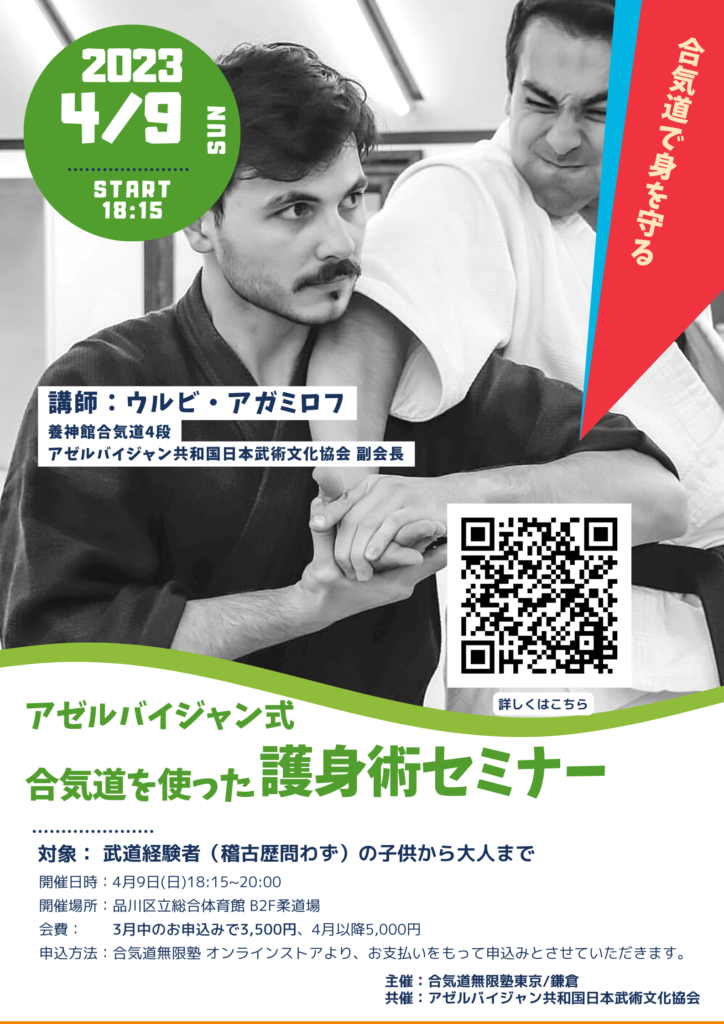8月後半に指導員がマレーシアに研修に出かけるため、体験の枠を制限します。
期間:2025年8月21日〜28日
ご迷惑をおかけしますが、入会ご検討の方は上記以外の期間で体験頂ますよう、よろしくお願いします。
8月後半に指導員がマレーシアに研修に出かけるため、体験の枠を制限します。
期間:2025年8月21日〜28日
ご迷惑をおかけしますが、入会ご検討の方は上記以外の期間で体験頂ますよう、よろしくお願いします。
この度、物価の高騰に伴う諸経費の上昇により、道場の運営コストが大幅に増加していることから、料金改定を実施する運びとなりました。道場生の皆様にはご迷惑をおかけいたしますが、道場が常に安定して皆様のそばに居られるよう、何卒ご理解いただけますようお願い申し上げます。
なお、実施日が2025年10月からとなるため、9月末の請求から反映されます。
新料金については以下の通りとなります。
https://www.aikidomugenjuku-east.com/price/
1. 物価高騰による、賃料・光熱費・システム費の増加
現在お借りしている場所の賃料が、昨今の物価高騰の影響でアップしました。また、武器は従来の倍に、光熱費や利用しているシステムについても年ごとにアップしております。皆様がアクセスしやすく、また快適に稽古するためにも現在の場所は維持し、システム等もより充実させたいと考えております。
2. (子ども生徒向け)頻度に合わせた料金体系を取り入れるため
これまで小学生から大学生までのクラスは、一律参加し放題のプランのみとしておりました。しかしながら、約3割の生徒は月4回のみということもあり、今回の料金体系変更に合わせて、月4プラン・無制限プランに分けて、参加頻度に合わせたより公平な料金体系としました。
3. 指導体制の充実のため
指導陣はこれまで1クラス1名でしたが、人数の増加に合わせて、指導陣の充実を図りたいと考えております。指導陣を育成するためには、教材やセミナー参加費、交通費等がかかり、その原資に当てたいと考えています。
最後に
継続は力なり、という言葉がある通り、合気道無限塾 東京/鎌倉は、道場生の皆様の合気道人生に可能な限り長く寄り添っていきたいと考えています。皆様が継続するためにも通いやすい料金が必須であり、これまで値上げは踏みとどまっておりました。
しかしながら、この物価高騰のあおりを全て道場で吸収するのは難しく、またギリギリの我慢を続けていると不慮の事態に備えることができず不安定となってしまいます。
皆様と合気道をともに継続するために、今回の料金改定について何卒ご理解をいただければ幸いです。
のコピー-4.png)
のコピー-4-1024x1024.png)
On Friday, March 28, at 7:00 p.m., Joe Tambu Sensei from Aikido Shudokan in Australia will be invited to give a "Breath Throwing Seminar".
Please register below.
◆Location: New dojo of Mugen Juku Tokyo
4-25-6 Futaba, Shinagawa-ku, Tokyo 142-0043, Japan
Due to the small space, this will be a small-group seminar. We will be instructing people who are not Yoshinkan-kei, but just to be safe, it would be better if you can do leap ukemi (jumping ukemi) without any problem.




のコピー.png)
のコピー-1024x1024.png)
After becoming independent, I will continue to study and transmit the improvement of aikido techniques that transcend schools and how to apply them in daily life under Paye Sensei, who continues Gozo Shiota Sensei's will and techniques.
We do not separate Yoshinkan people from people from other styles, and we consider them as aikido friends together, so please come and practice with us.
Oooooo...
Below is a message from Dr. Payet.


Instructor: Urbi Agamirov Sensei (Yoshinkan Aikido 4th Dan, Vice President of the Japanese Martial Arts Cultural Association of the Republic of Azerbaijan)
We have invited Urbi Sensei from Azerbaijan to teach self-defense techniques using Aikido that are safe and can be practiced by anyone.
Martial arts, including aikido, are very popular in Azerbaijan. On the other hand, it has evolved to be more practical, as it is also evaluated in the eyes of "can you really defend yourself?
This year's participants will be instructed in techniques that are safe and can be practiced by anyone, mixing self-defense techniques developed in Azerbaijan with Japanese aikido techniques.
Aikidoka from the Republic of Azerbaijan.
He started aikido with his uncle when he was a child and studied aikido while repeatedly visiting Japan. He has an aikido dojo in Azerbaijan, where he teaches aikido.
His activities are not confined to the dojo, but he teaches aikido in seminars in Ukraine and other countries. Most recently, he has established a martial arts association recognized by the Azerbaijani government, and is involved in various activities to improve the quality of martial arts in Azerbaijan.

Only for the first time,
You can try one class for free.
First-timers and those who are not good at exercising are welcome.

Aikido Mugen Juku Tokyo/Kamakura (hereafter referred to as "our organization") is an organization that trains the body and mind to enrich life based on the principles of harmony and peace in Aikido.
We offer aikido training in the Shinagawa and Kamakura area.